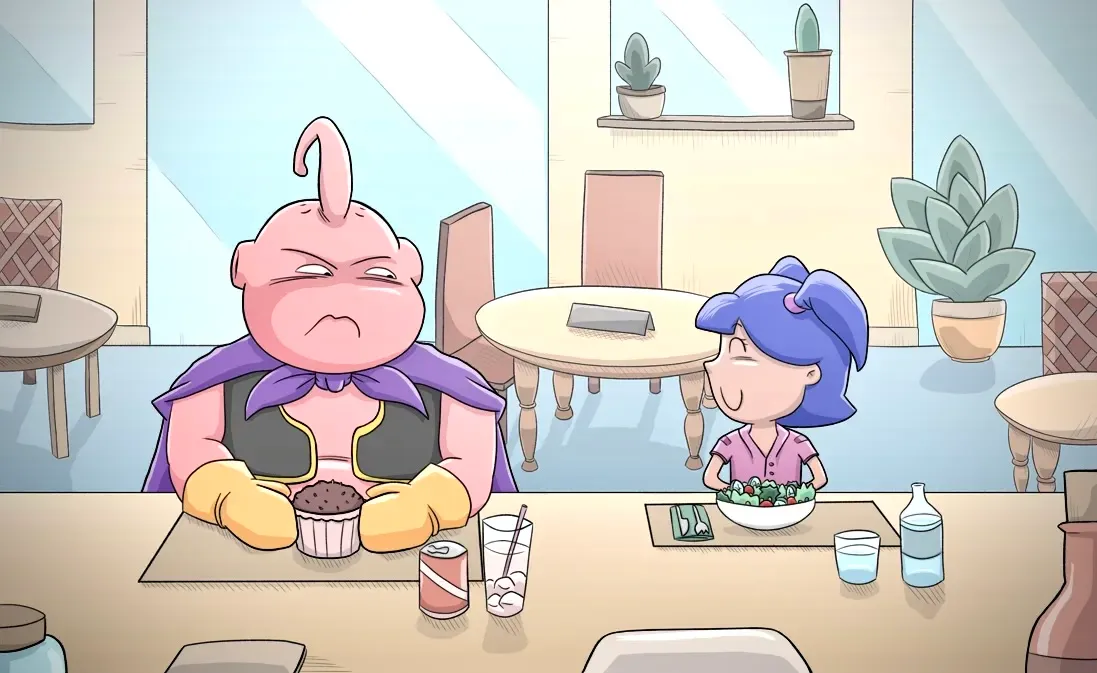Burn (Quema)
La ciència del metabolisme energètic, per Herman Pontzer.
- 11 març 2024

Faced with calorie restriction, our hypothalamus reduces our metabolic rate and cranks up our drive to eat. When excess calories come pouring in, metabolic rates go up, burning off much of the excess intake. Think for a moment about what that means for your organs and all of their various tasks: when energy is scarce, some nonessential metabolic processes are suppressed; when times are good, some nonessential metabolic processes are promoted.
It should come as no surprise that humans and other animals, as the inheritors of half a billion years of vertebrate evolution, are very clever about which tasks are sacrificed when things get tough and which ones are protected. My favorite example comes from the mouse study out of John Speakman’s lab that I mentioned in Chapter 5. His team subjected adult male mice to different degrees of calorie restriction and measured how their bodies responded as their energy deficit became more and more dire. Metabolic rates and body mass plummeted as expected, but the effects were unevenly distributed across the body. Most organs, like the heart, lungs, and liver, shrank (and burned less energy) as the mice lost weight. Brains were protected, maintaining their size. The stomach and intestines actually grew, in a costly effort to squeeze every last calorie from their food. The best comparison, though, is between the spleen and testes. The spleen, a major organ in the immune system, melted away immediately, shrinking more than other organs. Testes, on the other hand, were protected, changing very little until the energy deficit was truly desperate. I love the study because it lays bare the evolved metabolic strategy of mice: Life is short. Make babies. The immune system is optional.
In a long-lived species like us, the evolved metabolic strategy is different. Sam Urlacher’s work with Shuar kids has shown that children fighting an infection increase the energy spent on immune defense while reducing their growth. Apparently, when times get tough, humans play the long game, allocating energy to maintenance and survival.